Pride & Prejudice (2005 adaptation) was full of brilliant and expressive characters that ranged in levels of overall ability and intellect. Some characters were a bit more emotionally aware of themselves and others, while some characters thrived in the one-dimensional world of common sense.
All of the characters varied in their capabilities and opinions, but still managed to complement each other well. If Lydia was bathing in her self-made pool of silly ignorance, then Charlotte was standing stock-still in her reality of personal parlors that were for her own particular use. To further visit some of the aspects of their knack for knowledge (or lack thereof), here are 10 Pride & Prejudice characters ranked by their intelligence.
Mr. William Collins
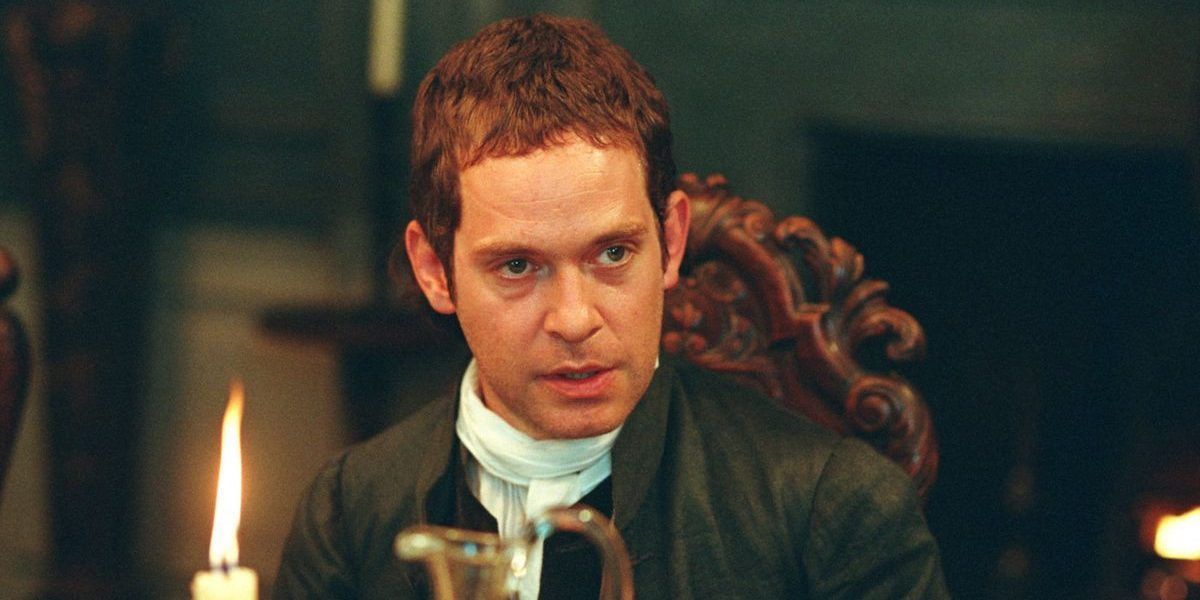
Mr. Collins’ character was an enigma to study. There were times that he seemed truly void of all the good things in the world, and then he’d do something ridiculous, like when he praised the boiling of a potato, and his character would even out a bit. While he seemed to read often, Mr. Collins lacked common sense.
The absence of social intelligence in Mr. Collins’ character became increasingly obvious as time passed, and reached its peak when he managed to insult Elizabeth while simultaneously asking her to marry him. He never seemed to understand his distorted ideologies.
Catherine “Kitty” Bennet
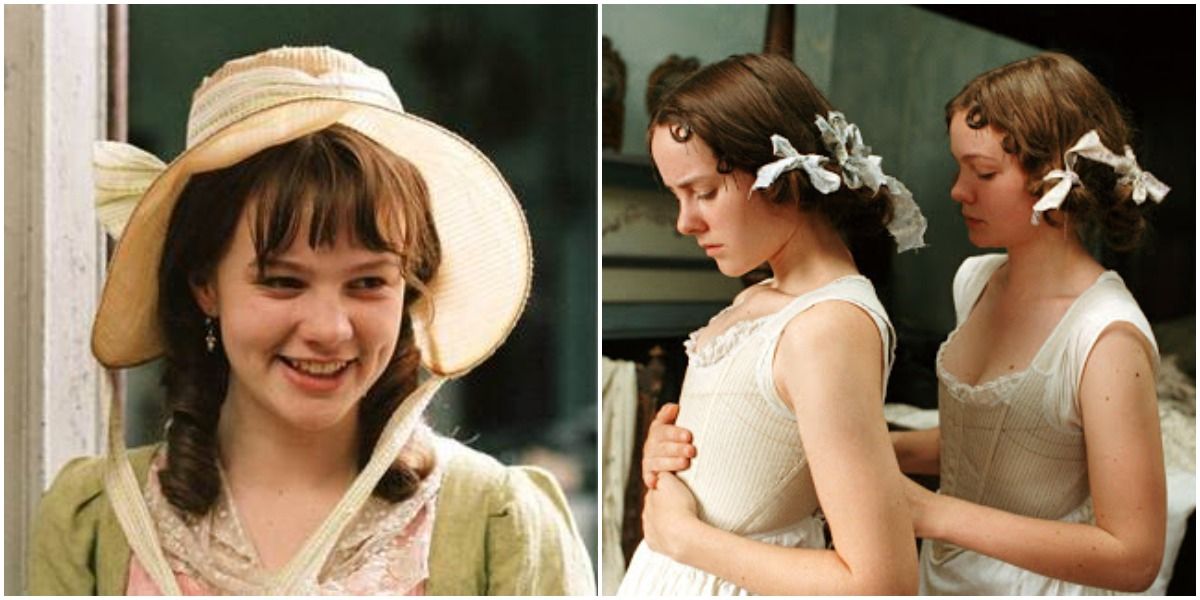
Kitty didn’t seem to have a mind of her own. She relentlessly followed after Lydia in even the silliest of ventures, and it garnered her the top spot for the least wise Bennet sister. It is one thing to be clueless on your own, but to follow in the footsteps of a simpleton is a completely different level of mindlessness.
It would have been somewhat favorable for Kitty if she was simply following her older, perhaps more experienced older sister. Unfortunately, this wasn’t the case, as she was older than Lydia by 2 years.
Mr. Charles Bingley
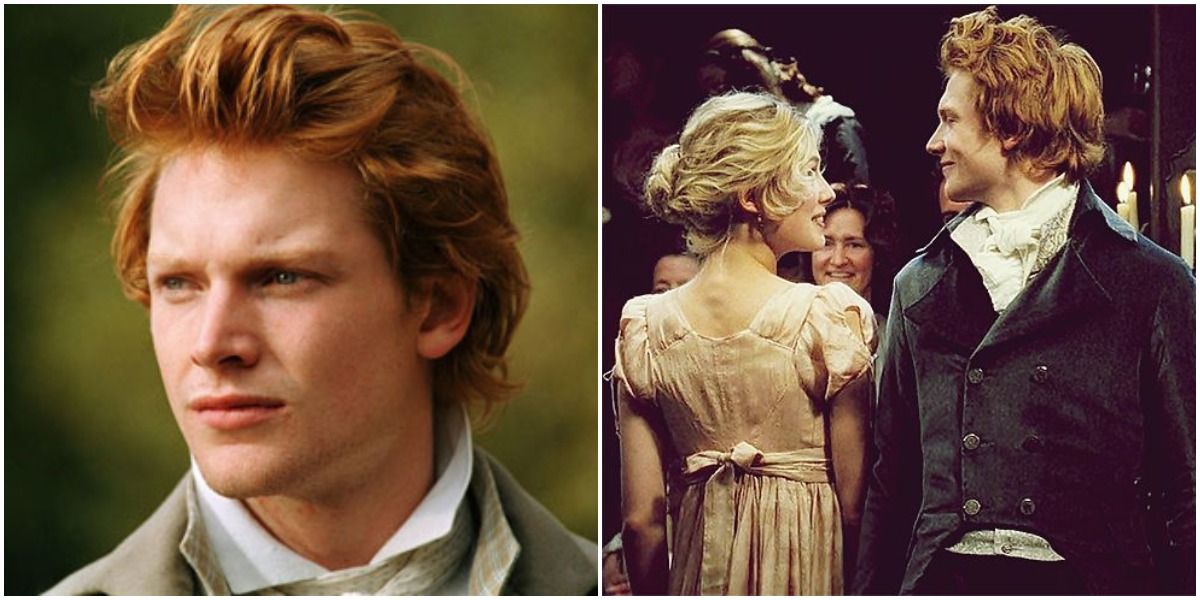
Bingley’s interests didn’t center around appearances or going with the normal flow of things. He was very open in his mild opinions, and his character didn’t really maintain an air of knowledgeable exclusivity as much as his sister Caroline.
There were times he seemed to lose his words quite easily, like the time when Jane was staying in Netherfield while she was ill, but it not representative of his intellect. Bingley admitted that he didn’t read often, and his character had a quality of goofiness that made him appear a bit dimmer than his counterparts.
Lydia Bennet
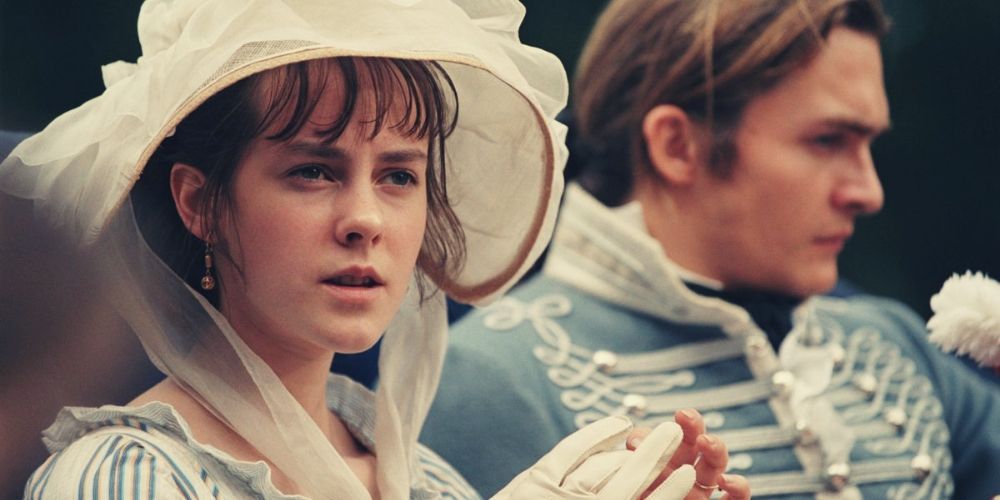
While Lydia wasn’t the smartest or most serious of the Bennet sisters, she was a leader and she knew what she wanted. She was the youngest in the family, and she was perhaps the most headstrong and outgoing sibling.
Despite her leadership qualities, she spent her time in giggly gossip and minding the men of the militia. It didn’t seem that she was helplessly foolish, but that she chose to be the way she was, which was attention-starved and desperately coy.
Jane Bennet
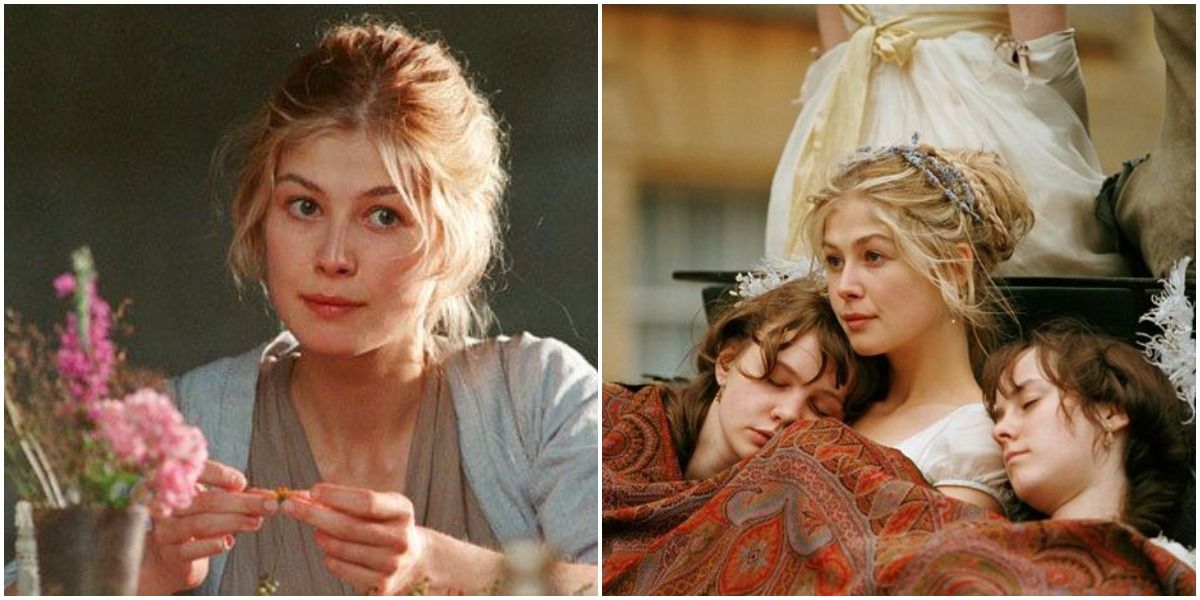
Jane at times appeared to be the most naive of the Bennet sisters. Although she was abounding in emotional intelligence, she often wasn’t a good judge of character. Perhaps she just wanted to see the good in people, but it was frustrating to watch her be completely ignorant of Caroline’s shadiness.
She slightly outranks Lydia because of her intuitive nature and because her foolish behavior didn’t almost cause the social ruin of her family.
Mary Bennet
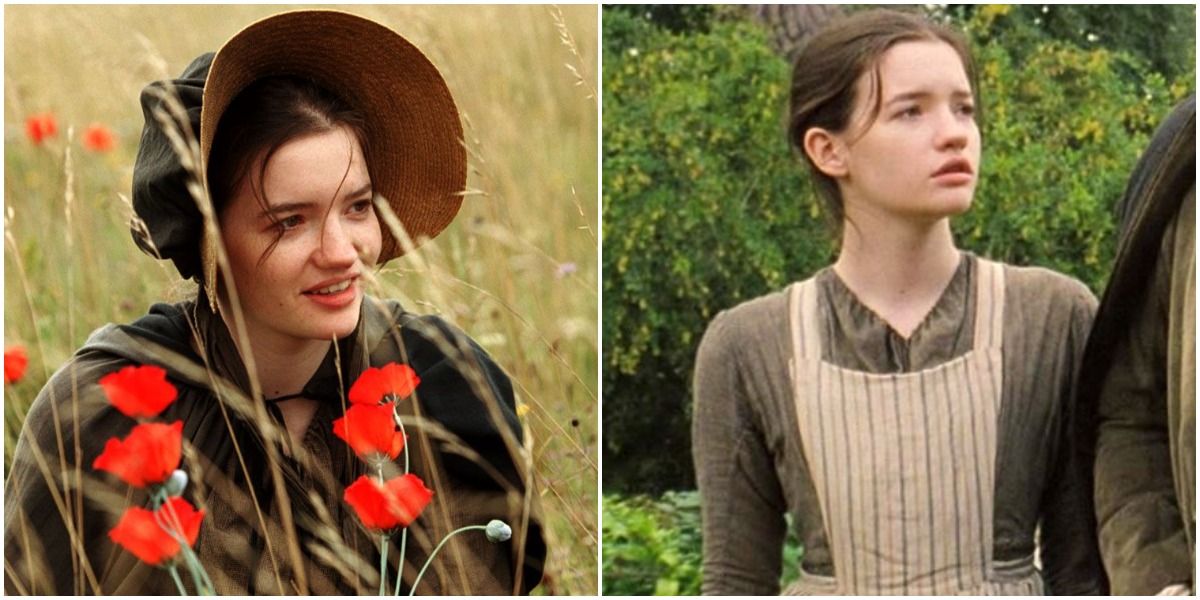
Mary was one of the more observant sisters in the bunch, and she was a lot less eager to be at the center of attention. Since she was often in the background, Mary seemed like she had ample space and time to be a bit more self-aware and emotionally intelligent.
She was able to express her opinion even if it was the opposite of what everyone else thought. There were times when she missed social cues, like the time when she was playing the piano at the ball, but that doesn’t diminish her quiet wisdom.
George Wickham
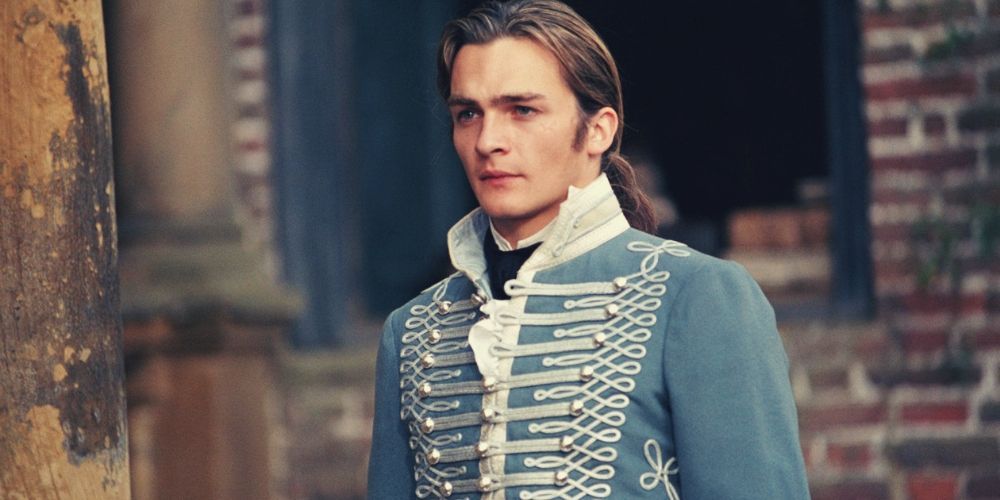
Wickham was a very calculating and strategic character. Although he did fail multiple times in his plans, he was one of the few characters that displayed deliberately deceptive personality traits to get what he wanted.
His chameleon-like qualities and his ability to finesse and network with people who he thought would be personally beneficial, set his character apart in terms of resilience and resourcefulness. He played the role of the slimy, opportunistic villain, but he made a lot of “money moves,” even if they didn’t always work.
Mr. Fitzwilliam Darcy
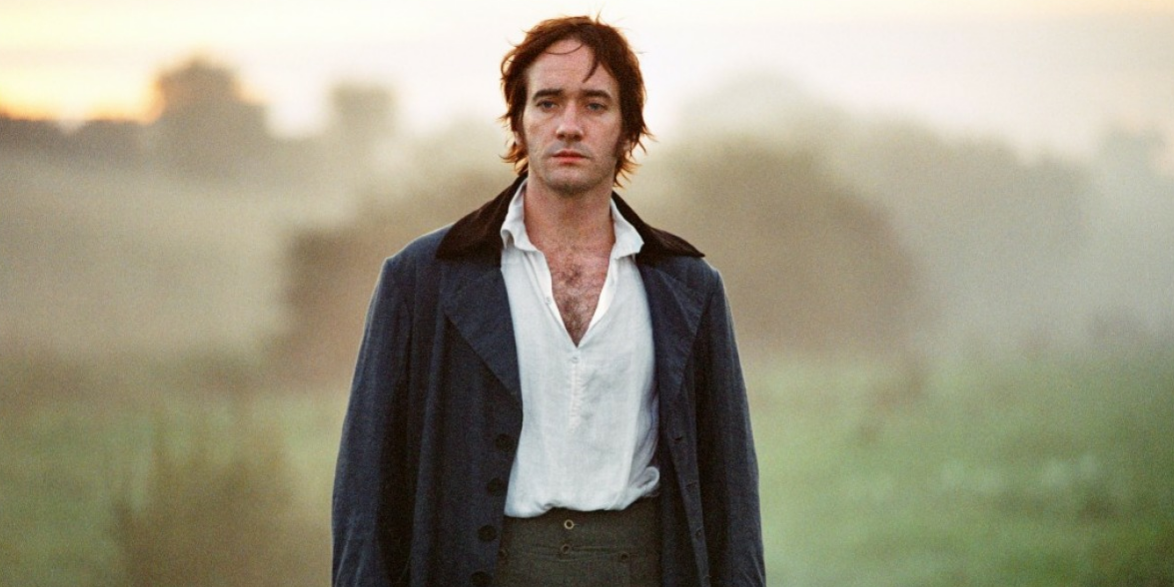
Darcy filled the position as the book-smart but socially awkward character. His street smarts weren’t the highlight of his character, but the way that he handled situations (not pertaining to love or emotions) suggested that he had a high level of common sense to match his book knowledge. There were times it seemed that if he were shorter, less rich, and a bit more shameless, he and Mr. Collins would be mirror images of each other.
He also managed to insult Elizabeth while confessing his love to her, and he didn’t really understand the reason why she was upset about it. Though he was terribly dense when it came to Elizabeth, he was quick-witted and able to express his staunch opinions with ease.
Charlotte Lucas
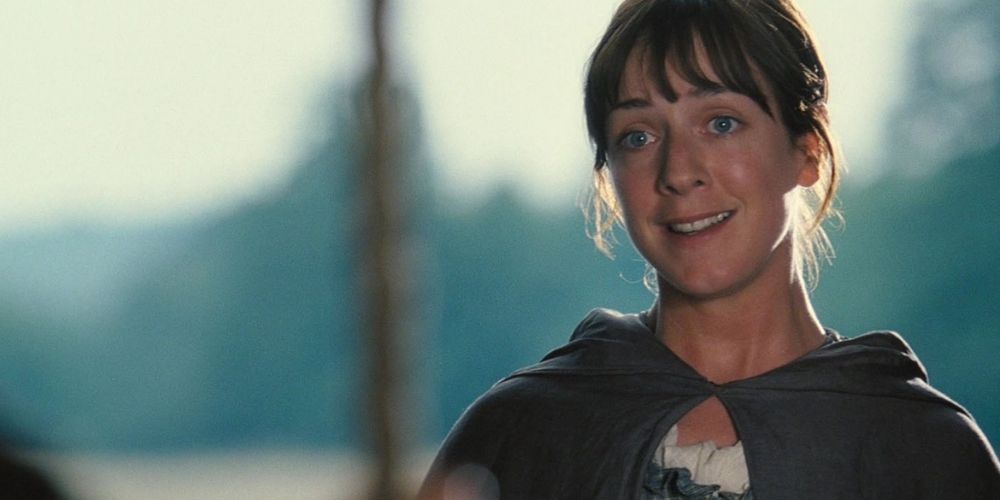
Charlotte managed to maintain a sense of reality and practicality, which resulted in her decision to marry Mr. Collins. Some may say that she wasn’t smart to agree to marry someone like him, but because of her decision, her whole family was relieved of future burdens. She was the only character that managed to truly rival Elizabeth in terms of being a well-rounded intellectual.
When Elizabeth was worried about Jane and Bingley, Charlotte was the voice of slightly cynical reason. Sometimes her cynicism decreased her ability to be emotionally aware of herself and others. However, her character had the most sense that transcended personal wants and desires.
Elizabeth Bennet
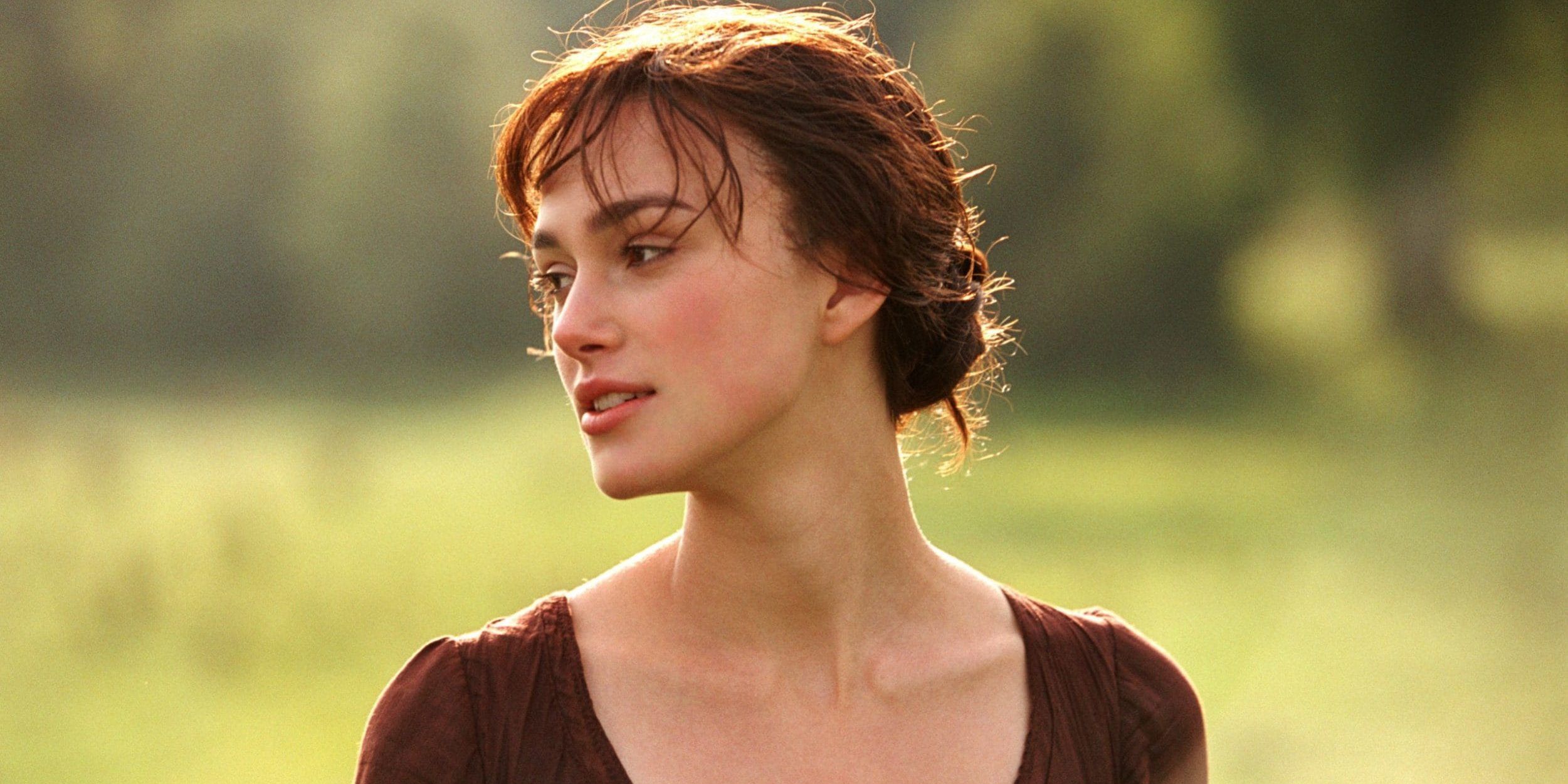
Elizabeth was the all-around champion when it came to book-smarts, social and emotional intelligence, and plain common sense. There were times when her idealism threatened to overshadow her practicality, however, she consistently managed to be aware of the reality of her situation and other people’s plights. Wickham was a prime example of how she sympathized with his troubles and almost allowed her slight naivety to overpower her judgment.
The difference between her and Charlotte is that Elizabeth’s character carried more agility, and she was able to continually develop her thoughts as she learned more information. Perhaps it was the difference in age that led to Charlotte’s ideas settling a lot quicker than Elizabeth’s.




